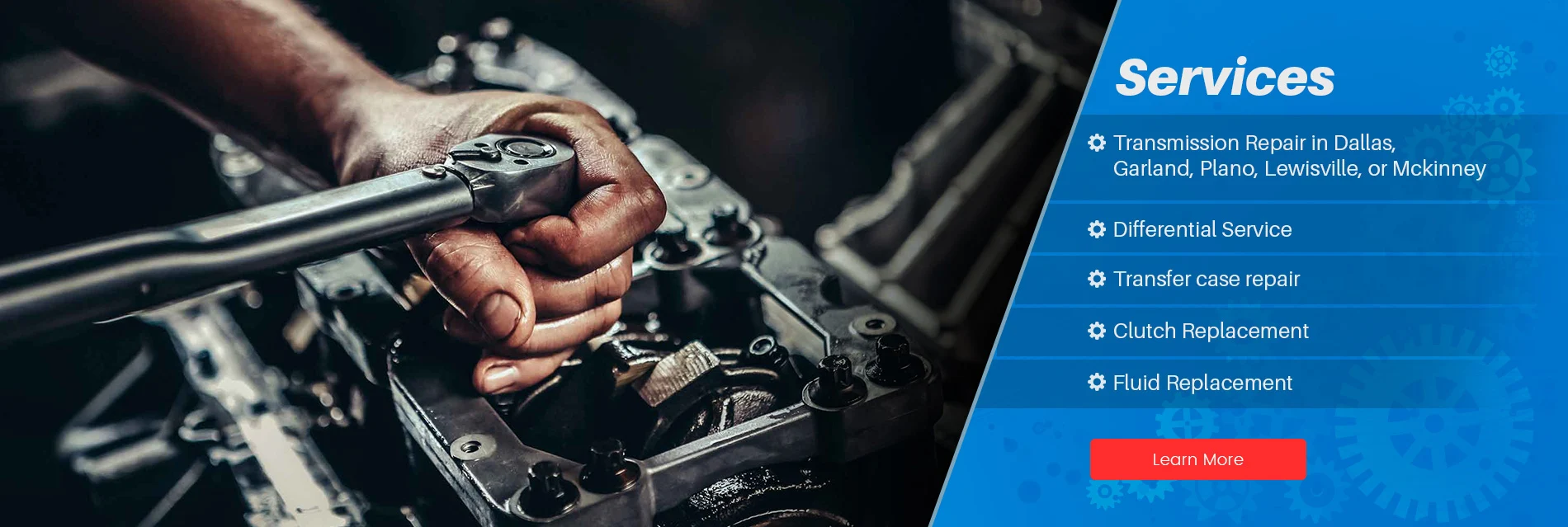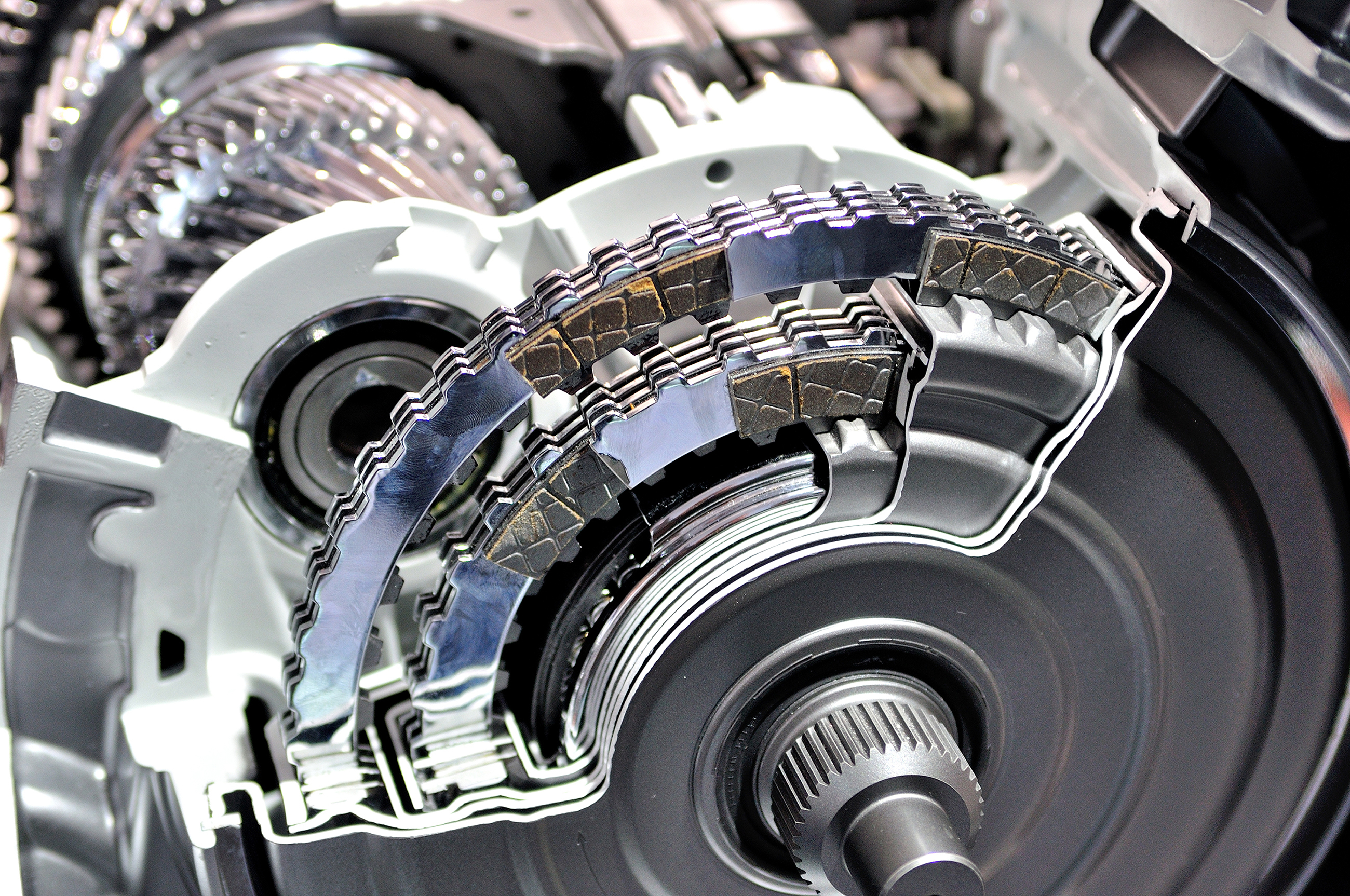Browse Transmission Shops Triad Area Troubles with Specialist Solutions
Browse Transmission Shops Triad Area Troubles with Specialist Solutions
Blog Article
Usual Indications of Transmission Issues and What You Can Do Regarding Them
Transmission issues in automobiles can create considerable aggravation and potential safety hazards. Identifying the usual signs of transmission issues can help you resolve them immediately and prevent additional damage or costly repairs. This write-up will discuss a few of the regular warning signs, such as weird sounds, difficulty changing equipments, burning scents, liquid leaks, and postponed interaction. By knowing these indications, you can take proper action to stop additional damage to your transmission and make certain the smooth operation of your vehicle. Whether it's looking for professional aid or taking safety nets, recognizing these signs encourages you to make informed choices and maintain the durability of your vehicle's transmission.
Strange Noises
One typical indicator of transmission problems is the incident of weird noises, which can suggest underlying problems that call for immediate attention. These uncommon sounds can vary in nature and intensity, and they commonly function as an indication that something is awry with your vehicle's transmission system.
Among the most common strange noises connected with transmission problems is a grinding noise. This audio typically takes place when shifting gears and can suggest damaged equipments or an absence of transmission liquid. Overlooking this sound can bring about further damage to the transmission system, resulting in costly repairs.
Another noise to be cautious of is a whining or buzzing sound. When the vehicle is in neutral or when accelerating, this sound is usually listened to. It can show reduced transmission fluid levels or a failing pump. Addressing this concern without delay can protect against more damages to the transmission and prolong its lifespan.

Finally, a banging or clunking noise can additionally be a cause for problem. This noise is typically heard when changing gears or throughout acceleration and deceleration. It can indicate broken or worn-out transmission installs, which can cause the transmission becoming misaligned or detached.
Trouble Shifting Gears
If you experience difficulty moving equipments in your car, it might be a sign of transmission issues. Trouble shifting gears can materialize in numerous ways, such as grinding, slipping, or doubt when transforming equipments. This issue can occur in both automated and manual transmissions and ought to not be neglected, as it might bring about further damage and costly repair services otherwise resolved promptly.
One possible source of difficulty shifting gears is reduced transmission liquid degrees. Not enough liquid can prevent the smooth procedure of the transmission, making it tougher to involve the gears effectively. transmission shops Triad Area. Inspecting the liquid degree and including even more if needed might alleviate the problem.
Another potential wrongdoer is a used clutch or clutch elements in hands-on transmissions. In time, the clutch can become used, bring about troubles in moving gears efficiently. In such instances, replacing the worn clutch or its parts might be required to restore correct changing.
In automated transmissions, problems changing gears can be created by problems with the valve body or solenoids. The shutoff body manages the flow of transmission fluid, while the solenoids manage the pressure required for gear modifications.
Burning Scent
A burning odor is a clear sign of potential transmission issues. If you notice a burning odor coming from your vehicle, it is essential not to disregard it as it can be a sign of a significant issue with your transmission. The transmission is accountable for moving power from the engine to the wheels, and any kind of problems with it can influence the performance and security of your automobile.
There are several prospective reasons for a burning scent in your transmission. One common cause Recommended Site is overheating, which can happen because of reduced transmission liquid degrees or a malfunctioning air conditioning system. Friction between the moving parts of the transmission can likewise produce warmth and create a burning scent. Additionally, worn-out clutch plates or slipping clutches can produce a burning odor.
If you spot a burning odor, it is vital to resolve the concern without delay. Overlooking it can lead to further damage to your transmission and pricey repairs. The initial step is to check the transmission fluid level and condition. It might be needed to re-fill the liquid or replace if it is low or has a burnt scent. If the problem lingers, it is a hop over to these guys good idea to seek professional aid from a qualified mechanic that can identify and fix the hidden issue. Bear in mind, early discovery and intervention can protect against extra considerable problems down the line.
Fluid Leaks
Liquid leakages are a common indication of transmission issues and need to be addressed immediately to protect against further damage. Transmission fluid plays a critical role in the smooth operation of a car's transmission system.
The fluid may have a distinct charred smell or a sweet odor, depending on the kind of transmission liquid made use of. Furthermore, reduced transmission fluid levels can cause troubles such as sliding equipments, delayed or erratic shifting, or weird sounds coming from the transmission.
When encountered with a liquid leak, it is vital to take instant action. Disregarding the issue can lead to extensive damages and expensive repair work. The primary step is to situate the source of the leak. Usual locations where leaks take place consist of the transmission pan gasket, result shaft seal, input shaft seal, and transmission colder lines. Once the resource is determined, it is recommended to seek advice from an expert technician to establish the very best program of action.

Delayed Involvement
One usual indication of transmission problems is a delayed interaction, which can be an indication of underlying problems that require prompt interest. When moving gears or when the lorry takes longer than typical to respond to the vehicle driver's input, postponed engagement refers to the hold-up experienced (transmission shops Triad Area). This can manifest as a doubt or a jerking movement when attempting to speed up from a complete quit.
There are a number of possible causes for postponed interaction. One opportunity is low transmission fluid degrees, which can protect against the transmission from running appropriately. One more reason can view it be used or damaged clutch plates, which might require replacement. Additionally, a faulty solenoid or a malfunctioning shutoff body can also result in postponed engagement.
Neglecting it can result in additional damages to the transmission and a lot more expensive repair work down the line. The first action is to check the transmission liquid levels and guarantee they are at the ideal level.
Verdict
In conclusion, understanding typical signs of transmission issues such as strange sounds, problem changing equipments, shedding odor, fluid leakages, and postponed interaction is crucial for preserving a well-functioning car. By without delay resolving these concerns, people can stop additional damage and expensive repairs. Routine maintenance and looking for professional help when required will certainly ensure the smooth operation of the transmission and lengthen the life-span of the lorry.
It can represent damaged or damaged transmission places, which can lead to the transmission becoming misaligned or disconnected. (transmission shop Triad Area)
Transmission liquid plays a vital duty in the smooth procedure of a car's transmission system. Additionally, low transmission liquid levels can trigger problems such as slipping gears, postponed or unpredictable shifting, or odd noises coming from the transmission.
Common areas where leakages occur consist of the transmission pan gasket, output shaft seal, input shaft seal, and transmission colder lines. One possibility is low transmission fluid degrees, which can stop the transmission from operating properly.
Report this page